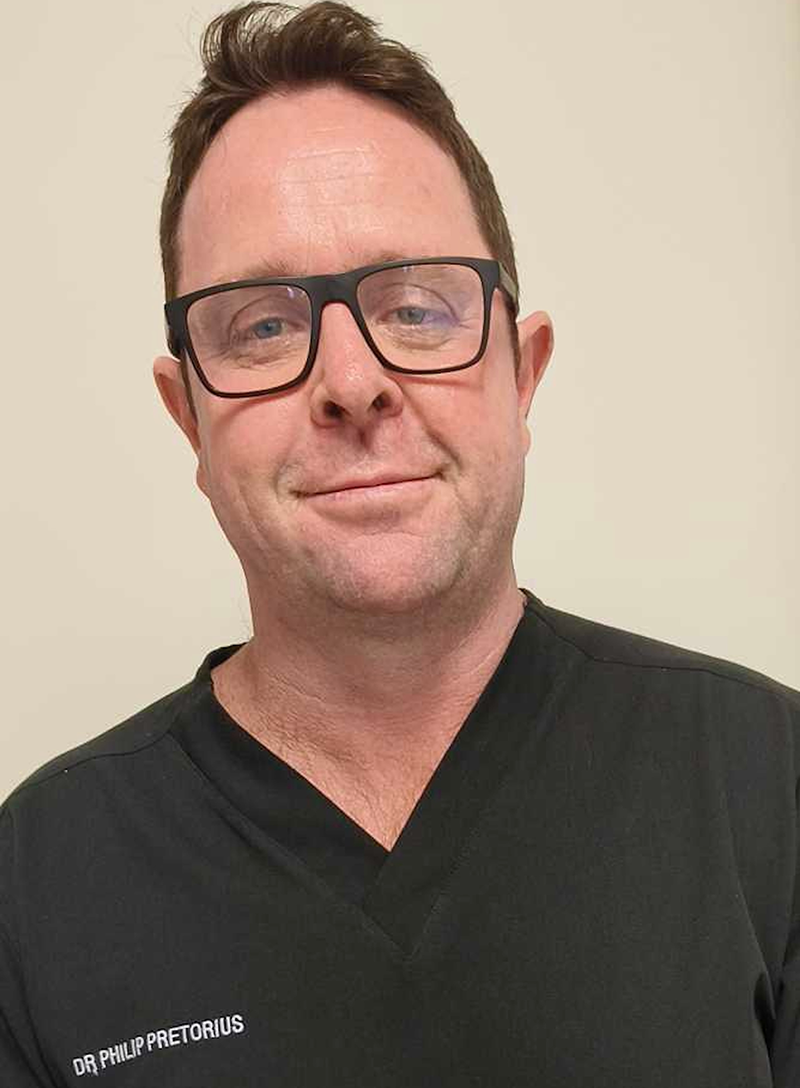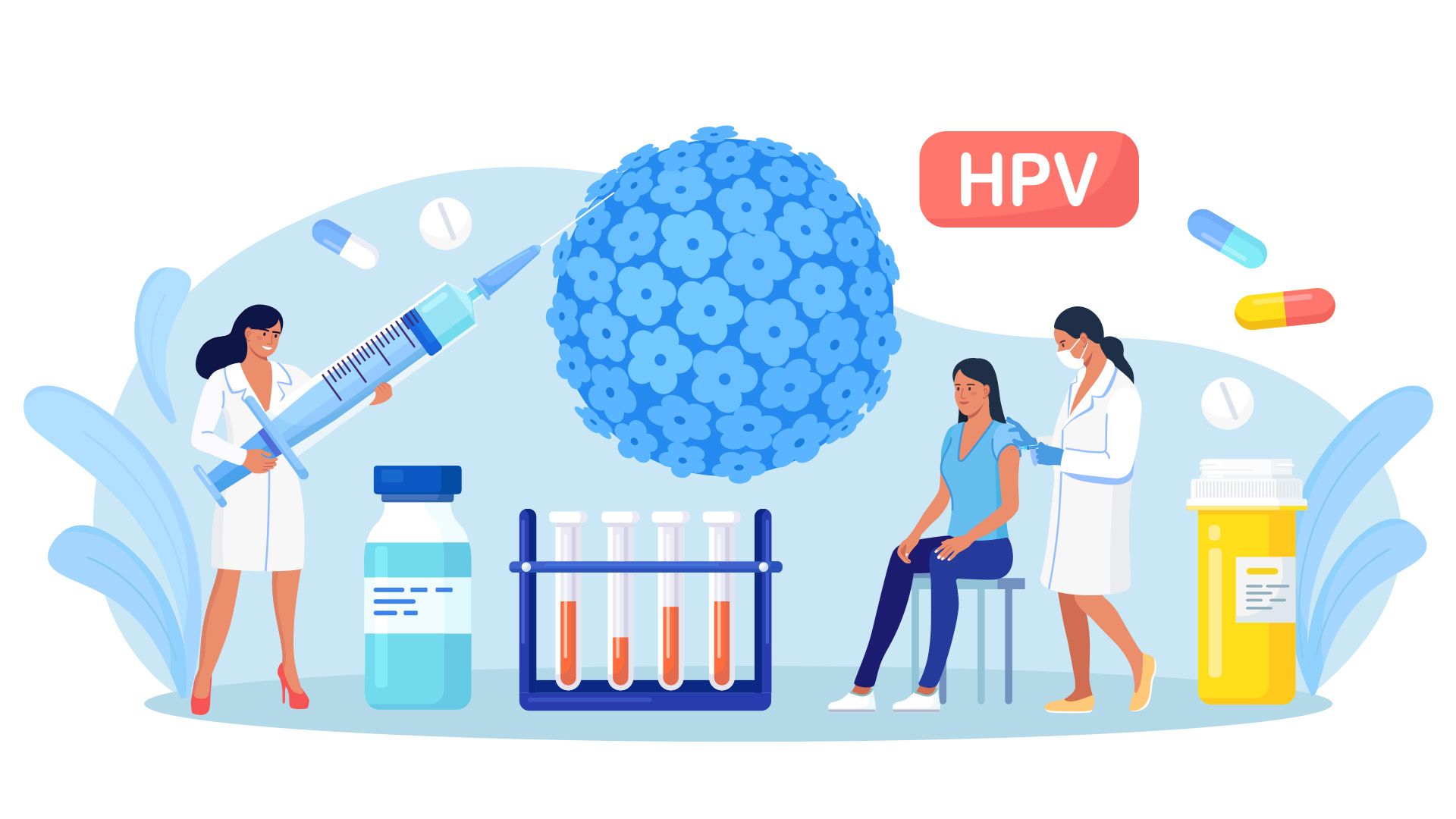Beyond the mo and the blue ribbon: Unveiling the heart of Movember
What every man needs to know about prostate cancer
The Movember movement is changing the face of men's health worldwide, turning quirky moustaches and iconic blue ribbons into powerful symbols of meaningful action and change.
"At its heart Movember is about encouraging conversations, challenging societal norms, and creating a tangible impact on how men approach their health, particularly concerning prostate cancer," says Dr Philip Pretorius, a specialist urologist at Netcare The Bay Hospital in Richards Bay, KwaZulu-Natal.
"It's not just about raising awareness but about taking decisive action. Therefore, I want to encourage men throughout South Africa to commit to their health this November by scheduling a prostate checkup with their general practitioner. Take this essential step for yourself and inspire others to do the same."

Specialist Urologist, Dr Philip Pretorius
Dr Pretorius highlights the urgency, stating, "Prostate cancer is a major concern among men, second only to lung cancer in terms of mortality rates. Globally, prostate cancer accounts for 6.6% of deaths, while in South Africa it accounts for 13% of deaths in males, with over 4 000 South African men diagnosed with prostate cancer annually*. Increasing awareness that inspires men to action both locally and internationally is, therefore, urgently needed."
Understanding prostate cancer
The prostate gland is a small, walnut-sized organ located just below the bladder and in front of the rectum. It encircles the urethra – the tube responsible for carrying urine and semen out of the body – and plays a vital role in the male reproductive system by producing seminal fluid, which nourishes sperm and assists in their transport.
Prostate cancer occurs when cells in the prostate gland begin to grow uncontrollably, forming a tumour. This abnormal growth can disrupt the normal function of the prostate and, if left unchecked, can spread to other parts of the body. Early detection and treatment are key to managing the disease effectively. Regular screenings and awareness of risk factors, such as age (particularly over 50) and family history, are vital.
Diagnosis and screening – what to expect
“To accurately assess prostate health, your doctor will take a thorough medical history and conduct a physical examination including a digital rectal examination [DRE], which provides valuable insights into the condition of the prostate and can detect any abnormal masses,” says Dr Pretorius.
“In addition to the physical exam, a prostate-specific antigen [PSA] test is performed measuring the level of PSA in the blood. If the result is higher than four, it typically prompts a referral to a urologist for more detailed evaluation and testing. The definitive diagnosis of prostate cancer is made through a prostate biopsy, a relatively quick procedure that takes about 30 minutes and is performed on an outpatient basis,” he explains.
Key insights into prostate cancer every man should be aware of
Given that 1 in 8 men will be diagnosed with prostate cancer in their lifetime, prostate cancer remains a significant health concern. "This underscores the importance of understanding and managing this disease effectively," notes Dr Pretorius.
“Regular screenings, starting at age 45 or earlier for those at higher risk, are crucial, as symptoms often do not appear until advanced stages. Treatment options include surgery, radiation therapy, and active surveillance tailored to the cancer's stage and aggressiveness. Thanks to early detection and new technologies, survival rates have improved significantly, with early-stage prostate cancer having a nearly 100% five-year survival rate,” he adds.
What are the symptoms?
It is important to note that patients with prostate cancer often experience no symptoms. However, if symptoms do occur, they may include:
- Blood in urine
- Trouble urinating
- Sudden or urgent need to urinate
- Frequent nighttime urination
- Difficulty starting or stopping urine flow
- Weak or interrupted urine flow
- Pain during urination
- Difficulty having an erection or painful ejaculations
- Frequent pain or stiffness in the lower back
- Unexplained weight loss
The Movember movement
Movember goes beyond statistics to build a supportive community, encouraging open discussions about men's health. By growing moustaches, men worldwide unite to promote early detection and proactive health measures.
"Movember is a catalyst for change. It's about transforming conversations into actions and fostering a global commitment to better health outcomes. Together, we can redefine men's health, one conversation, one checkup, and one moustache at a time," concludes Dr Pretorius.













